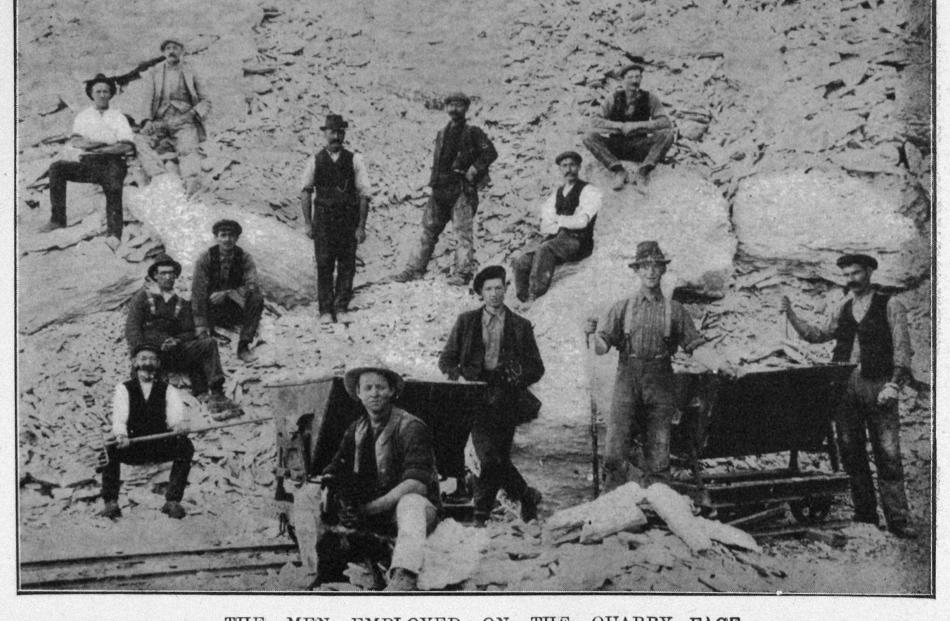London morality patrols
London: The patrol work commenced in the streets of London in March, 1918, by Mrs M'Hugh (of Auckland) and Miss Ballantine (of Wanganui), has been attended with remarkable success. It has, in fact, become the nucleus of a service in which five nations - Canada, Australia, United States, New Zealand and Great Britain - are taking part. There are now 31 women engaged in the work, all of them under the control of Mrs M'Hugh. Included in this number are Miss Sturgis (of Auckland) and Miss Spence (of Dunedin).
Mrs M'Hugh tells me that it was what she saw while working in the canteen at Codford, in the neighbourhood of a special New Zealand hospital, that convinced her of the necessity of the work she has since been doing in London. She and Miss Ballantine, while at Codford, got into close touch with many of the New Zealand boys who had suffered from the allurements of the streets of London. They had many heartbreaking experiences there, and it was actually at the suggestion of the men themselves that they decided to come to London and propose to General Ricardson the work they have since been doing.
They felt that if there was any prospect of success at all they would be much better employed in preventing our soldiers from getting into Codford than looking after them when they were there. Mrs M'Hugh's idea was that by patrolling the streets of London they could meet men who were at a loose end and offer them counter-attractions, thus saving a great number from undesirable companionship.
The whole idea of the patrol is that when a soldier is observed in the streets in need of help of any kind, either direction as to where he should go, a bed for the night, or merely to be removed from undesirable companions, the ladies, so far as possible, take the place of their mothers and sisters. Needless to say, drunk men are looked after just as carefully as sober.
Major mine clearance
London: There are at present 430 British minesweepers at work, mainly on the many large British minefields in the North Sea. The mines laid in the German Bight are now being swept up by the Germans. Given a fine summer, it is hoped to complete the sweeping of all moored mines of the clearance allotted to Britain by the end of November. In many of the minefields, the mines lie very shallow, and therefore are dangerous to the sweepers, who can only attack them with theoretical safety on the rise of the tide and in calm weather. Even with every precaution, accidents occasionally occur, but the spirit of the men is as splendid as ever. The total requirements of volunteers for the mine clearance service have now practically been completed. There are still some signalmen required. Several officers and men have gone to the Mediterranean, where there is plenty of work still to be done in the Northern Aegean, and in those parts of the Black Sea, where it is possible for the merchant ships to trade.
British moored mines still exist off Belgian, Danish, Dutch, German, and Norwegian coasts, and, of course, within the Baltic. British mine-sweepers are at work in Norway and in Holland, and the United States navy is now collecting a force to clear the large minefield which they laid between the Orkneys and Norway. - ODT, 14.7.1919.













